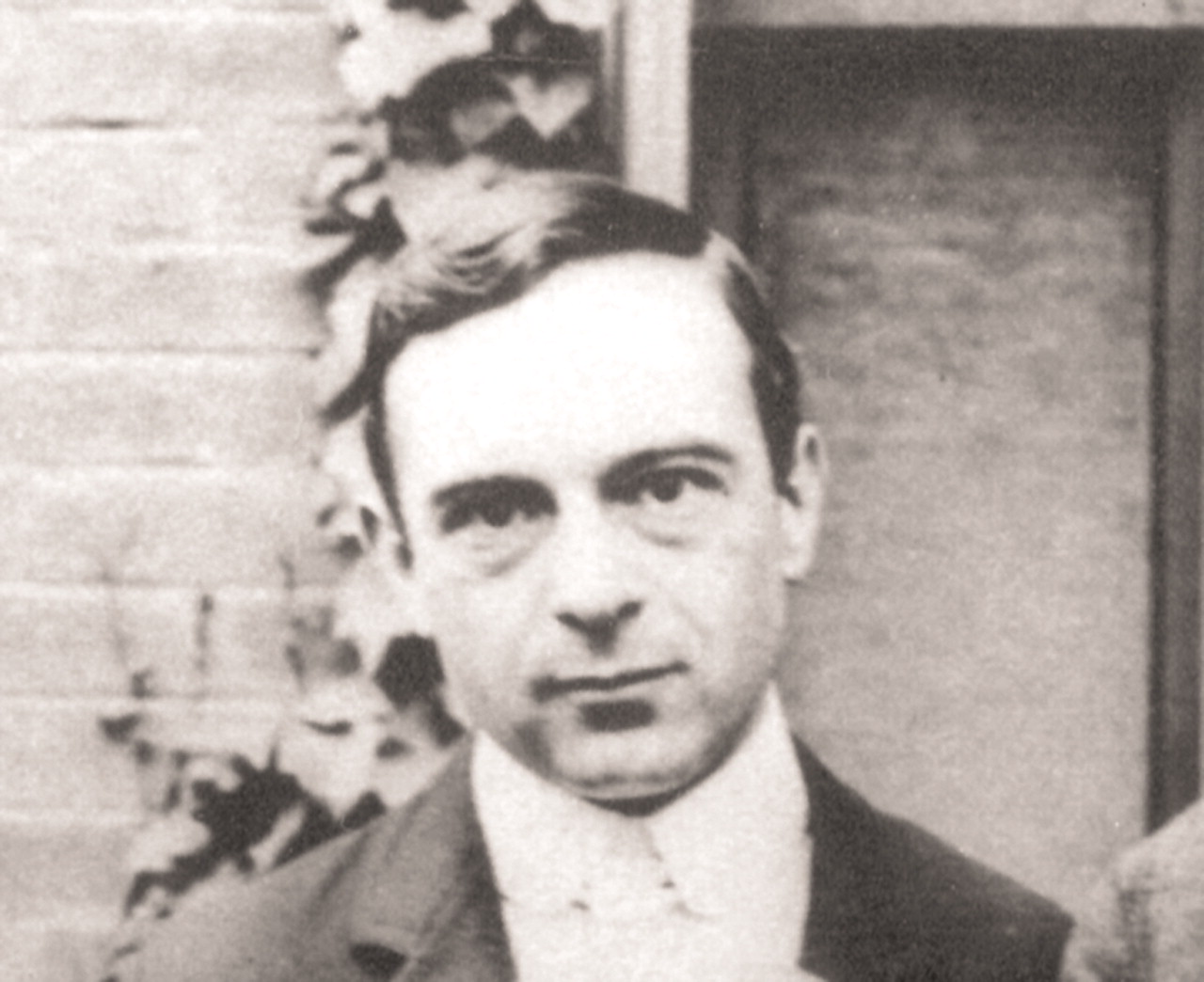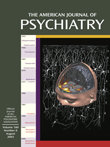Ernest Jones was born Jan. 1, 1879, in a village in Wales. He graduated from medical school in London in 1900 and gradually became interested in psychiatry. He met Carl Jung in 1907, and in 1908 he traveled with Jung and Abraham Brill to the first historic congress of what became known as the International Psychoanalytic Association in Salzburg. There he first met Sigmund Freud and soon became a member of Freud’s inner circle. The following year, 1909, Jones met Freud in New York and accompanied him to Clark University, where Freud and Jung received honorary degrees. Following the secession of Alfred Adler in June 1911 and the resignation of Wilhelm Stekel from the Vienna Psychoanalytic Society in November 1912, Jones suggested the formation of a secret committee designed, like the Paladins of Charlemagne, “to guard the kingdom and policy of their master.” The committee was to be unofficial, informal, and entirely secret and was to remain in close communication with Freud. Jones thus became the model of a very loyal, dedicated colleague, devoted to the founder of psychoanalysis, to the “cause,” and to the advancement of psychoanalytic theory and practice.
Jones was a gifted administrator and editor and was president of the International Psychoanalytic Association for many years, including the turbulent period between 1932 and 1939, when the world of psychoanalysis and its Jewish practitioners and patients were increasingly threatened by Nazi terrorism. Jones also became president of the British Psychoanalytical Society in 1920, the same year in which he founded the International Journal of Psychoanalysis; he became its editor and the arbiter of psychoanalysis in the English-speaking world. Jones was well acquainted with the American scene, having served as the first secretary of the American Psychoanalytic Association from 1911 to 1913 and maintaining contact with American psychoanalysts thereafter. With the exception of Freud, no other analyst had a greater influence on psychoanalysis in the English-language community, including its organizations, institutions, and for more than 25 years its principal journal, the International Journal of Psychoanalysis.
Ernest Jones is remembered for his biography of Sigmund Freud in three volumes (1953–1957). Jones was there as a participant and eyewitness from the first international psychoanalytic meetings, and his work as a biographer is indispensable, even though inevitably subject to historical addition, correction, and revision. He also wrote a number of valuable papers, several of which are classics of the psychoanalytic literature: “On the Nightmare” (1910), “The Early Development of Female Sexuality” (1927), and “Hamlet and the Oedipus Complex” (1948). His early paper “The Theory of Symbolism” remains, along with Freud’s formulations, a fundamental contribution to the topic. The range and depth of Jones’s extraordinary 1,500-page biography of Freud has made it a primary source for the history of psychoanalysis and is a monument to Ernest Jones as well as to Sigmund Freud.


